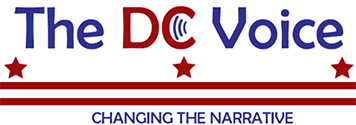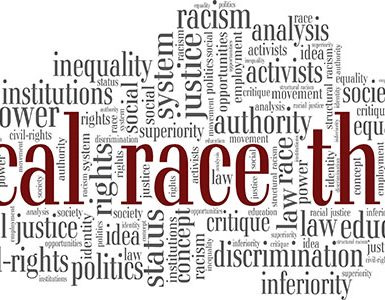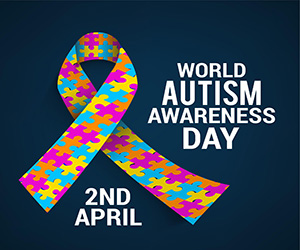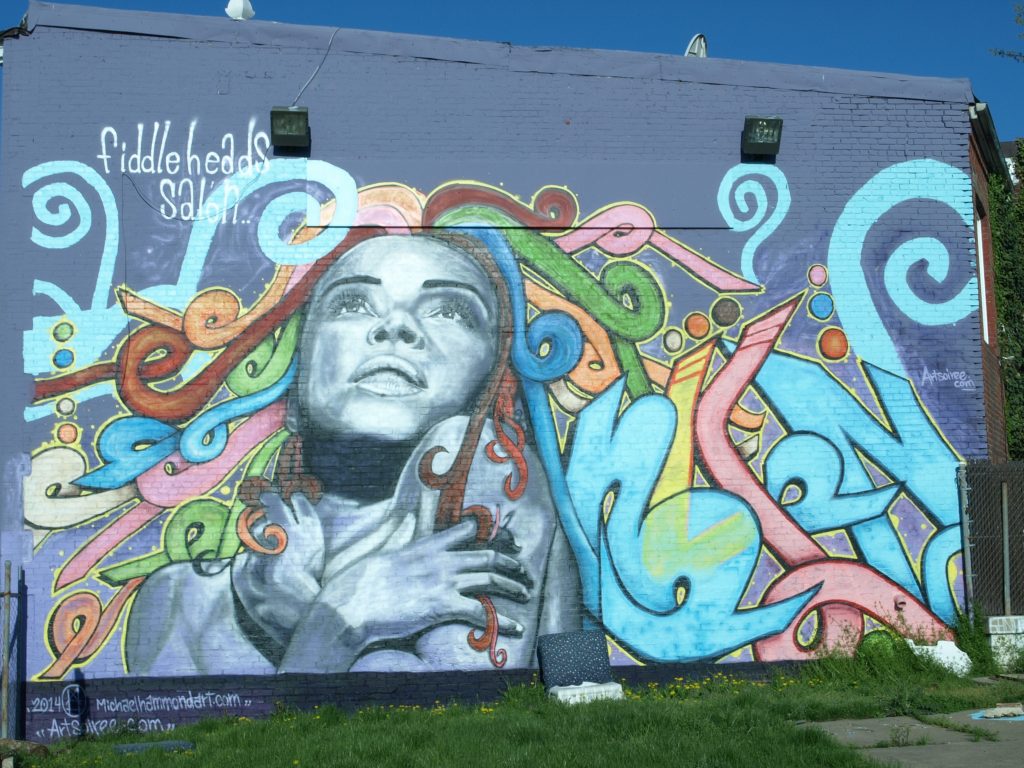Before the coronavirus crisis hit, the United States had a problem. Forty percent of its people lacked the money to cover a surprise $400 expense, and half of people aged 55+ had nothing saved up for retirement. CEOs in the richest country on Earth were collecting more than 300 times the average worker’s pay. Nationwide, more than half a million people were homeless.
Enter Covid-19. Surrounded by considerable affluence, more D.C. residents are facing a struggle for their lives than ever before. Before the pandemic, nearly 12% struggled to get enough food. The National School Lunch Program was sustaining most D.C. public school students, yet the Covid-19 crisis kept schools shut. So, D.C. Central Kitchen and SodexoMagic stepped in with free student meals in all eight wards, no student ID required. Additional help is available:
- The Capital Area Food Bank, part of Feeding America, is now helping hundreds of thousands of people in D.C., Northern Virginia, Prince George’s and Montgomery counties. Volunteers have been packaging and passing out food at several of the food bank’s Community Hub Partners. Scroll for an interactive map here.
- Martha’s Table, accustomed to distributing about 1,000 bags of food a month, reported a ramp-up to 800+ bags daily. Volunteers are helping.
- Miriam’s Kitchen has mobilized to provide meals for those coping with hunger and homelessness at once.
- Homebound residents can ask for delivery support.
At the same time, many nonprofit distribution partners for the food banks have been unable to stay open. Feeding America received $100 million from Amazon CEO Jeff Bezos in April—its largest donation ever. But it needs more than ten times that much, according to a report in the New York Times, to get through Covid-19.
Food Banks Fill Gaps; They Don’t Replace SNAP
Food banks are nowhere near as comprehensive as federal Supplemental Nutrition Assistance, which helps people buy groceries. But new SNAP applicants have found themselves in a bottleneck. The federal government is now dealing with some 30 million people laid off on account of the corona virus since March. At the same time, some 700,000 jobless people throughout the country were slated to lose SNAP assistance extensions beyond three months in a three-year period—a cutback that D.C. Attorney General Karl Racine and a coalition of other attorneys general confronted in federal court. That federal cutback alone would have impacted 90% of the D.C. residents who use SNAP benefits. In April 2020, the Trump administration did an about face. By then it had become blatantly obvious that SNAP needed urgent additions, not cuts. With unemployment forecast to stay high through 2021, the D.C.-based Center on Budget and Policy Priorities recommended a temporary 15% hike in the SNAP maximum allotment level, to increase SNAP benefits by about $25 per person per month.
Those who need help applying for SNAP benefits can contact DC Hunger Solutions. Leave a voice message at 202.640 1088 or send an email to info@dchunger.org and the group will aim to contact you within two business days.
Changing the Narrative
This is not the last pandemic we’ll face. Where should we go from here to become the strongest community we can be? First, D.C. and the other coalition states rightly held the line on SNAP. People are hungry. Moreover, SNAP is an excellent economic stimulus tool, as 97% of its benefits are redeemed within a month by people who then buy other consumer staples.
We also need to keep working on the minimum wage issue. D.C. is a leader in this area. Yet the $15 minimum going into effect July 1 is not enough. Granted, it can be tough for small businesses to offer staffers the sustenance they need to thrive—especially now. Businesses that do pay living wages should have our support. The Living Wage certification and logo is an idea worth supporting and expanding. The struggle for Universal Health Care matters here, too. Winning that struggle would mean workers’ access to medical care is no longer a load for the small business to carry.
In D.C., the ethic of community support is a core value. Yet as Yesim Sayin Taylor, who directs the D.C. Policy Center, has said, safety nets for low-income people have not “solved income inequality and economic segregation problems.” Today, more than ever, we must create new kinds of investments to help people thrive.


















Add comment